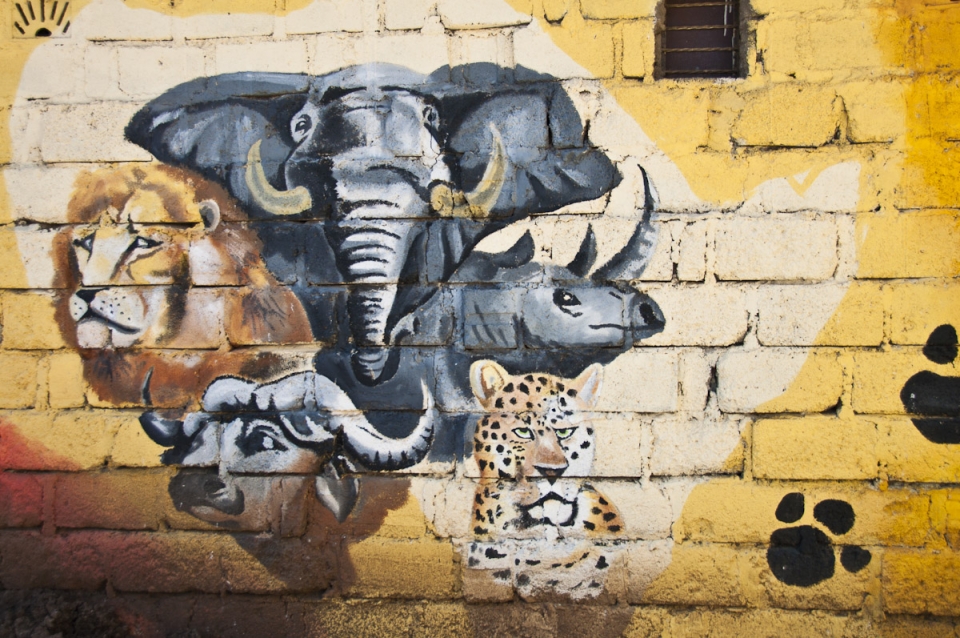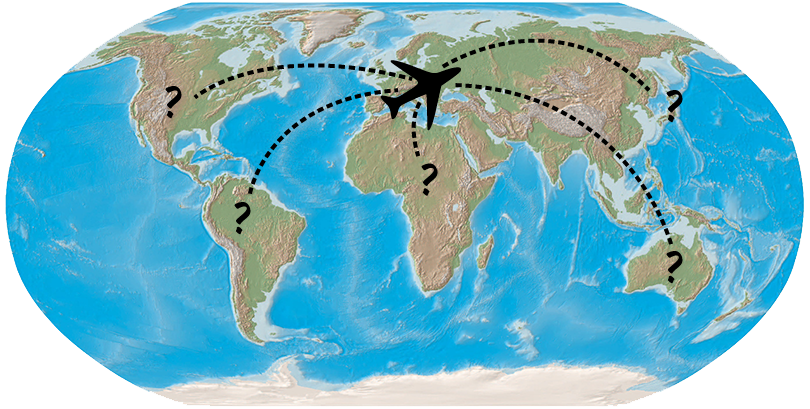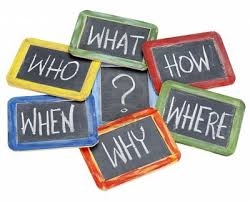Het arrangement Arrangement VMBO is gemaakt met Wikiwijs van Kennisnet. Wikiwijs is hét onderwijsplatform waar je leermiddelen zoekt, maakt en deelt.
- Auteurs
- Laatst gewijzigd
- 27-01-2017 23:16:58
- Licentie
-
Dit lesmateriaal is gepubliceerd onder de Creative Commons Naamsvermelding 3.0 Nederlands licentie. Dit houdt in dat je onder de voorwaarde van naamsvermelding vrij bent om:
- het werk te delen - te kopiëren, te verspreiden en door te geven via elk medium of bestandsformaat
- het werk te bewerken - te remixen, te veranderen en afgeleide werken te maken
- voor alle doeleinden, inclusief commerciële doeleinden.
Meer informatie over de CC Naamsvermelding 3.0 Nederland licentie.
Aanvullende informatie over dit lesmateriaal
Van dit lesmateriaal is de volgende aanvullende informatie beschikbaar:
- Toelichting
- In dit arrangement wordt gebruik gemaakt van oefeningen die gebaseerd zijn op receptieve vaardigheden voor leerlingen van het VMBO. Hieronder vallen lees-, kijk- en luistervaardigheden.
- Eindgebruiker
- leerling/student
- Moeilijkheidsgraad
- gemiddeld
Bronnen
| Bron | Type |
|---|---|
|
Tigers and a Dog https://www.youtube.com/watch?v=00hrW-dcimA&feature=youtu.be |
Video |
|
Reindeer Delivers Pizza https://www.youtube.com/watch?v=ObdlHRXWtPg&feature=youtu.be |
Video |
|
National Geographic https://www.youtube.com/watch?v=Beu_la4WlrE |
Video |
|
Top Ten Things to Do in South Africa https://www.youtube.com/watch?v=p_EQ3t3e2Hc |
Video |
|
Top Ten Things to Do in South Africa, by Donna Salerno Travel https://www.youtube.com/watch?v=17c8dN8lPOA |
Video |
|
Top Ten Things to Do in Cape Town https://www.youtube.com/watch?v=a66LSbwbLKs |
Video |
|
The Big Five in South Africa https://www.youtube.com/watch?v=_oF08SaTWuI |
Video |
|
Interview with a World Traveler https://www.youtube.com/watch?v=JS_JOcxVpNc |
Video |
Gebruikte Wikiwijs Arrangementen
van den Berg, Floris. (2016).
Les Receptieve Vaardigheden










